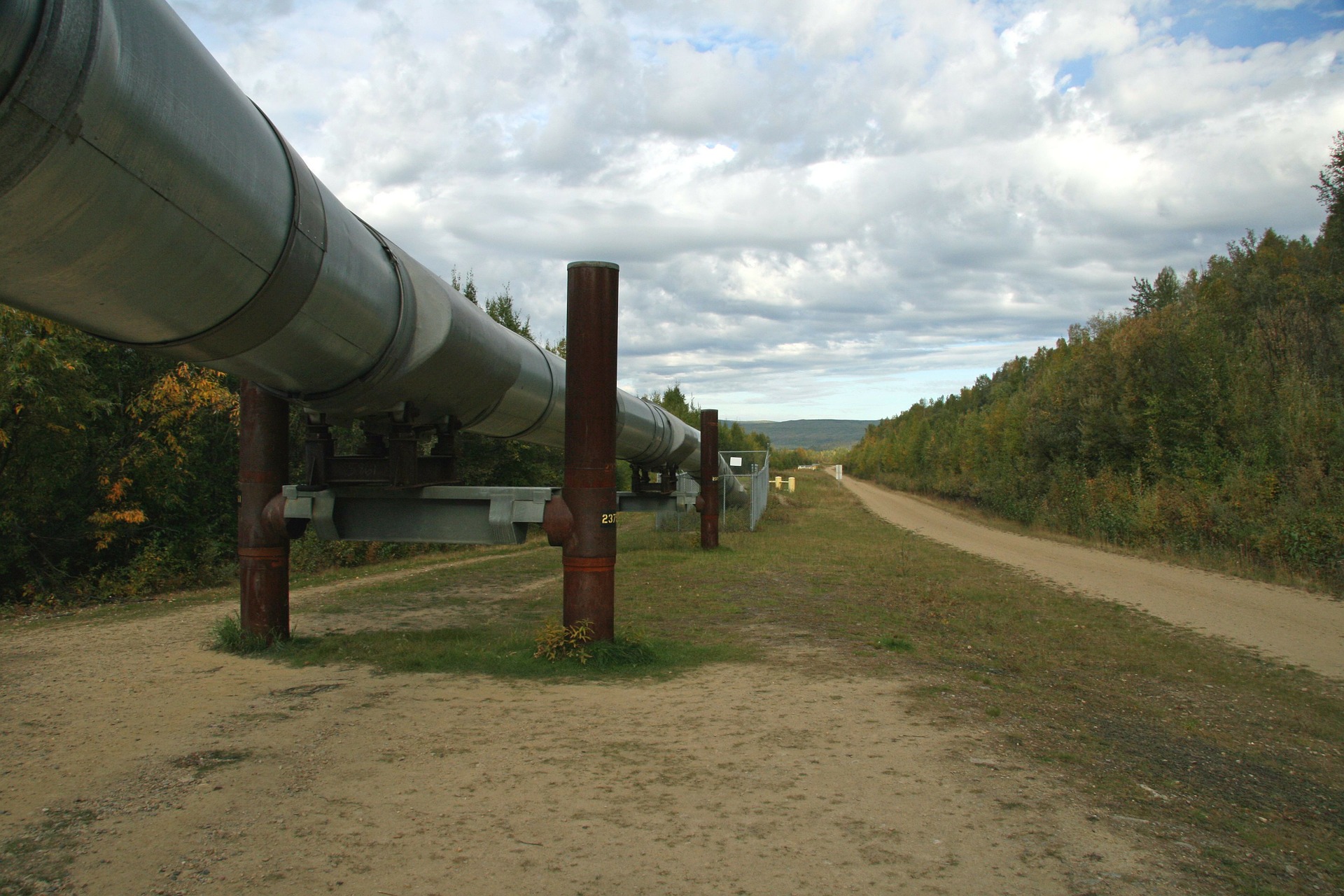For all the developments in fracking and sourcing new supplies, energy remains a precious commodity. One crucial issue is the effective distribution of gas, and maintaining a safe, cost-effective means of distributing it via pipe networks.
Traditional steel pipe requires corrosion treatment, but even this will not prevent some corrosion occurring, which shortens the useful lifespan of steel pipework. These traditional pipes can leak and require many joints to reach a required length for gas distribution.
Now there is a solution to gas pipe distribution based, in part, on a traditional manufacturing process, creating industrial yarn.
Innovative Manufacturing
“Natural gas needs to travel from well to consumer, through a series of pipelines, carrying gas at varying pressure rates,” explains Matthew Harding, spokesman for Harding Yarns. “The higher the pressure of the gas in the pipeline, the greater the potential for a dangerous accident.”
For lower pressures, up to 10 bar, plastic is often used, but it is not a suitable option for higher pressures, up to 20 bar.
“What has been needed is a cost-effective solution for carrying gas at these higher pressures more reliably than steel pipework”
This solution is available and it is known as Reinforced Thermoplastic Pipe or RTP.
“RTP consists of conventional, polyethylene pipe wrapped in high strength fibres, which is where yarn processing comes in,” Matthew explains.
The processing of this fibre layer combines polyester and kevlar. Kevlar fibres are exceptionally strong, so when they are wrapped around the plastic liner pipe, they increase its pressure capacity.
“Kevlar is the same fibre used in bulletproof vests,” says Matthew, “so it’s designed to withstand pressure and be hardwearing. It allows RTP pipes to carry pressures of up to 100 bar.”
The Legacy of Manufacturing Flexibility
The pipeline industry faces the ongoing challenge of meeting ever-increasing demands for energy on a worldwide scale, while keeping costs down.
It is estimated that around half of pipeline leakage issues are corrosion-led, which means the use of RTP can help protect fuel resources while also being a cost effective replacement for steel
“The key to successful manufacturing is in fulfilling a need,” Matthew concludes. “Sometimes it’s not the whole solution, but a contributing component to something on a much bigger scale.”
To discover how Harding Yarns can meet your oil, gas and offshore needs, please call them on 01260 253600 or visit yarnsprocessing.co.uk.
















